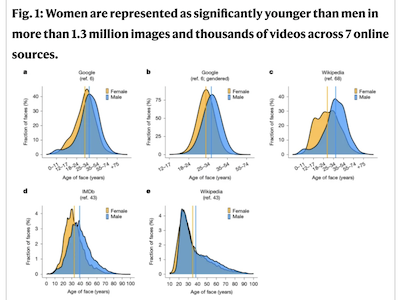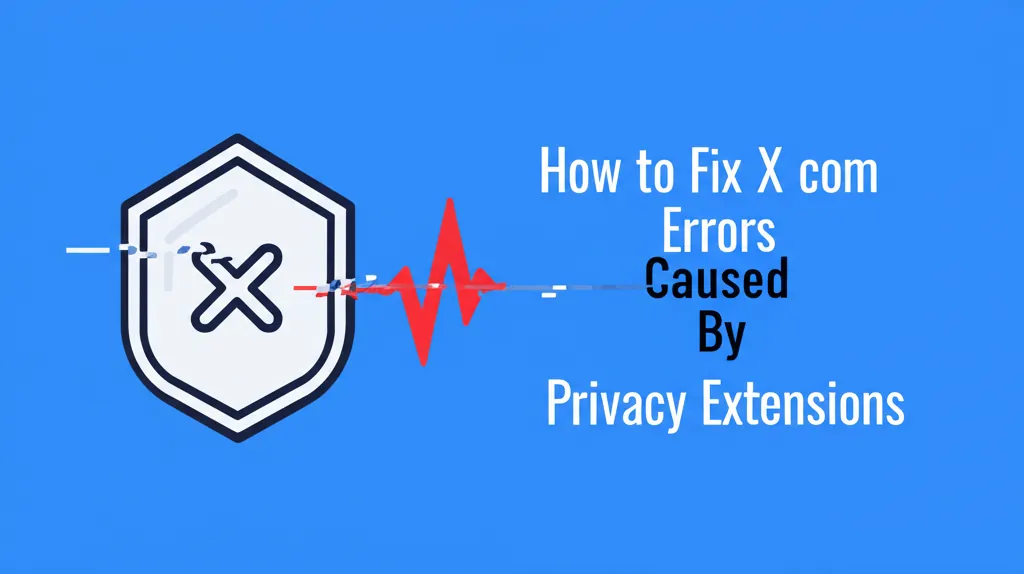Developer Offer
Try ImaginePro API with 50 Free Credits
Build and ship AI-powered visuals with Midjourney, Flux, and more — free credits refresh every month.
AI Hiring Tools Show Age and Gender Bias
Recent research reveals a troubling bias deeply embedded in the digital world, with significant consequences for real-world scenarios like job hiring. The way men and women are represented online has created a persistent and skewed perception of age, and this stereotype is now being learned and amplified by the artificial intelligence systems we increasingly rely on.
Uncovering the Digital Age Gap
Investigators conducted a large-scale analysis of online content, sifting through hundreds of thousands of images from popular platforms like IMDb and Google Image Search. They also examined the vast collections of text used to train large language models (LLMs), the technology behind tools like ChatGPT.
The study found a consistent and startling pattern: a significant age gap in how men and women are portrayed. Across both images and text, women are overwhelmingly stereotyped as being younger, while men are depicted as being older. This digital distortion does not reflect reality but instead reinforces outdated societal biases.

From Online Stereotypes to Real-World Harm
This digital bias is not confined to the internet. As AI models are trained on this skewed data, they inherit and perpetuate these stereotypes. The implications are profound, particularly in the professional sphere.
There is growing concern that these biases could directly impact the gender pay gap and influence automated hiring processes. For instance, an AI tool used to screen and rank resumes might penalize an older female candidate or unfairly favor a younger one, based on the learned stereotype that women in professional contexts are 'supposed' to be younger. This could lead to discriminatory outcomes that are difficult to trace and challenge.
The findings are explored in detail in the study on age and gender distortion in online media and large language models. A video from Nature also provides an overview of how these online stereotypes could affect you. You can watch it on YouTube.
Compare Plans & Pricing
Find the plan that matches your workload and unlock full access to ImaginePro.
| Plan | Price | Highlights |
|---|---|---|
| Standard | $8 / month |
|
| Premium | $20 / month |
|
Need custom terms? Talk to us to tailor credits, rate limits, or deployment options.
View All Pricing Details

